Saffron, often dubbed the “Golden Spice,” has captivated human civilization for millennia with its vibrant hue, distinct aroma, and myriad culinary applications. Derived from the Crocus sativus flower, this exotic spice is harvested laboriously by hand, with over 150 delicate stigmas required to produce just one gram of saffron. Beyond its culinary allure, saffron boasts a rich tapestry of medicinal properties rooted in ancient traditions and validated by modern science. From alleviating mood disorders to combating chronic diseases, the therapeutic potential of saffron is as profound as its cultural significance. This article delves into the scientific evidence underpinning saffron’s health benefits, exploring its role as an antioxidant, anti-inflammatory agent, neuroprotective compound, and more.
A Historical Journey: Saffron in Traditional Medicine
Saffron’s medicinal journey began over 3,500 years ago in ancient Persia, where it was revered as a remedy for digestive issues, insomnia, and melancholy. Greek physicians like Hippocrates prescribed it for fever, menstrual cramps, and respiratory ailments, while Ayurvedic texts highlighted its ability to balance the body’s doshas. In traditional Chinese medicine, saffron was used to invigorate blood circulation and alleviate pain. Today, modern research is rediscovering these age-old wisdom, confirming saffron’s efficacy through rigorous clinical trials and biochemical analyses.
The Bioactive Powerhouse: Key Compounds in Saffron
Saffron’s therapeutic prowess stems from its unique chemical profile, which includes over 150 volatile and non-volatile compounds. Three primary constituents drive its medicinal effects:
- Crocin: A carotenoid pigment responsible for saffron’s golden color, crocin exhibits potent antioxidant and anti-inflammatory properties.
- Safranal: The compound behind saffron’s floral aroma, safranal acts as a mood enhancer and neuroprotective agent.
- Picrocrocin: A glycoside that imparts saffron’s bitter taste, picrocrocin contributes to its digestive and anti-inflammatory benefits.
These molecules work synergistically to deliver saffron’s health-promoting effects, making it a multifunctional therapeutic agent.
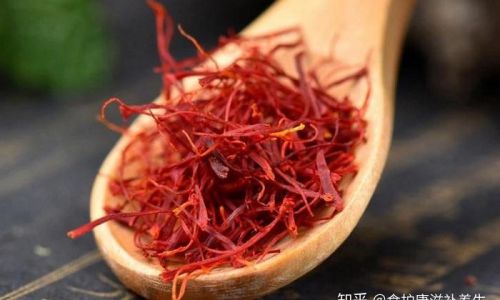
Antioxidant Powerhouse: Combating Oxidative Stress
Oxidative stress, caused by an imbalance between free radicals and antioxidants, is a precursor to chronic diseases like cancer, diabetes, and cardiovascular disorders. Saffron’s crocin and safranal act as free-radical scavengers, neutralizing harmful molecules and reducing cellular damage. Studies indicate that saffron extract increases the activity of superoxide dismutase (SOD) and glutathione peroxidase (GPx), enzymes critical for detoxifying free radicals. This antioxidant activity not only slows aging but also protects against neurodegenerative diseases such as Alzheimer’s and Parkinson’s.
Mood Enhancement and Anti-Depressant Effects
Saffron has emerged as a natural alternative to synthetic antidepressants, with research highlighting its ability to modulate neurotransmitters like serotonin and dopamine. A 2014 meta-analysis published in the Journal of Affective Disorders reviewed five clinical trials and concluded that saffron supplementation significantly reduced symptoms of depression compared to placebos. Another study found that saffron was as effective as fluoxetine (Prozac) in treating mild-to-moderate depression, with fewer reported side effects. The mechanism lies in saffron’s crocin and safranal, which inhibit the reuptake of serotonin and dopamine, enhancing their availability in the brain.
Anti-Inflammatory and Pain-Relieving Properties
Chronic inflammation underpins conditions like arthritis, asthma, and metabolic syndrome. Saffron’s bioactive compounds suppress pro-inflammatory cytokines such as TNF-α, IL-6, and NF-κB, thereby reducing inflammation. In animal models, saffron extract alleviated symptoms of rheumatoid arthritis by inhibiting joint swelling and cartilage degradation. Human trials have also shown promise, with saffron supplementation reducing pain intensity and improving mobility in osteoarthritis patients.
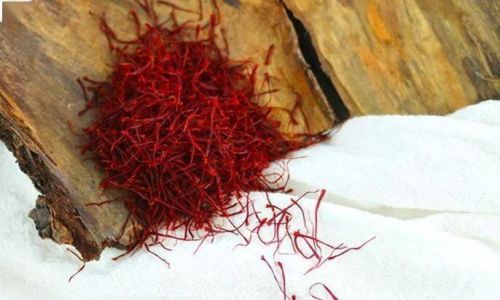
Potential Anti-Cancer Agent
Preclinical studies suggest that saffron may inhibit cancer cell proliferation and induce apoptosis (programmed cell death) in tumors. Crocin, in particular, has demonstrated anti-cancer effects against leukemia, breast cancer, and colorectal cancer cells by disrupting their DNA synthesis and promoting oxidative stress. While more research is needed, these findings position saffron as a complementary therapy in cancer management.
Cardiovascular Health: Lowering Cholesterol and Blood Pressure
Saffron’s hypolipidemic effects make it a heart-healthy spice. A 2019 study found that daily saffron consumption reduced LDL (bad) cholesterol by 10% and increased HDL (good) cholesterol by 7% in hyperlipidemic patients. Additionally, saffron’s crocetin improves blood circulation by relaxing smooth muscle cells in arterial walls, thereby lowering blood pressure. These dual benefits reduce the risk of atherosclerosis and stroke.
Cognitive Enhancement and Neuroprotection
Saffron’s neuroprotective properties extend beyond mood disorders. In Alzheimer’s disease, the accumulation of amyloid-beta plaques disrupts neural communication. Crocin inhibits amyloid-beta aggregation and reduces neuronal apoptosis, as observed in animal models. Human trials have also shown improved memory and cognitive function in elderly individuals supplementing with saffron. Furthermore, saffron’s antioxidant effects protect against age-related cognitive decline and stroke-induced brain damage.
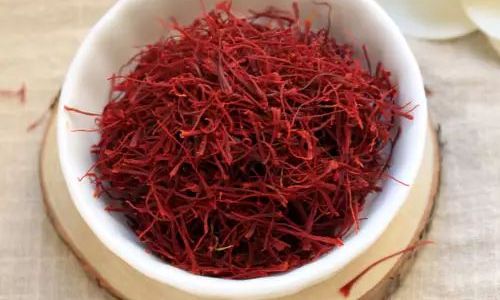
Skin Health and Anti-Aging Benefits
Saffron’s antioxidant and anti-inflammatory properties make it a prized ingredient in skincare. Topical applications of saffron extract reduce UV-induced skin damage, hyperpigmentation, and wrinkles by inhibiting matrix metalloproteinases (MMPs), enzymes that degrade collagen. Additionally, saffron’s antimicrobial activity combats acne-causing bacteria, making it a natural remedy for blemishes.
Alleviating Premenstrual Syndrome (PMS) and Menstrual Pain
Saffron has long been used to ease menstrual discomfort. A randomized controlled trial found that women consuming saffron capsules during their menstrual cycle reported a 50% reduction in PMS symptoms, including irritability, headaches, and cramps. The mechanism involves saffron’s modulation of serotonin levels and anti-inflammatory effects on the uterine lining.
Weight Management and Appetite Control
Saffron may aid weight loss by suppressing snacking and curbing emotional eating. A 2010 study published in Nutrition Research revealed that overweight women taking saffron supplements experienced a 55% reduction in snack frequency and significant weight loss compared to the placebo group. Safranal increases serotonin levels, which regulates appetite and reduces compulsive eating.
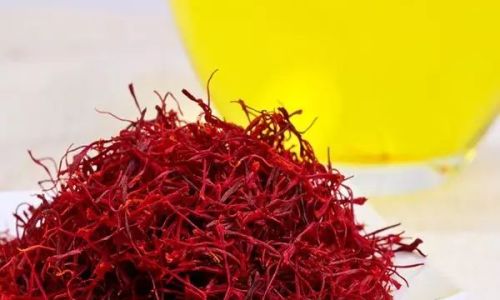
Vision Protection and Retinal Health
Saffron’s crocin and crocetin accumulate in the retina, where they protect photoreceptor cells from oxidative stress and light-induced damage. Clinical trials show that saffron supplementation improves visual acuity and contrast sensitivity in age-related macular degeneration (AMD) patients. It also delays retinal degeneration in glaucoma by enhancing ocular blood flow.
Dosage, Safety, and Precautions
While saffron is generally safe, excessive consumption (over 5 grams daily) may cause nausea, dizziness, or allergic reactions. Pregnant women should avoid high doses due to potential uterine stimulant effects. The recommended therapeutic dosage ranges from 30 to 200 mg daily, depending on the condition. Saffron supplements are available as capsules, tinctures, or powders, but consulting a healthcare provider before use is advisable, especially for those on medications like antidepressants or blood thinners.
Conclusion: The Future of Saffron in Modern Medicine
Saffron’s transition from a luxury spice to a medicinal powerhouse underscores the intersection of tradition and innovation. As research unravels its complex biochemical interactions, saffron is poised to revolutionize preventive and complementary medicine. From mental health to metabolic disorders, this golden thread offers a natural, evidence-based solution to modern health challenges. However, sustainable cultivation practices are essential to meet growing demand without compromising biodiversity. As consumers increasingly seek holistic wellness, saffron stands as a testament to nature’s ability to heal, nourish, and inspire.

In an era where synthetic drugs dominate, saffron reminds us that ancient wisdom holds the key to future well-being. Whether steeped in tea, sprinkled over rice, or encapsulated as a supplement, the Golden Spice continues to illuminate the path to health—one thread at a time.

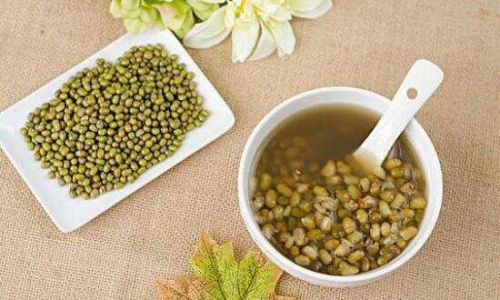
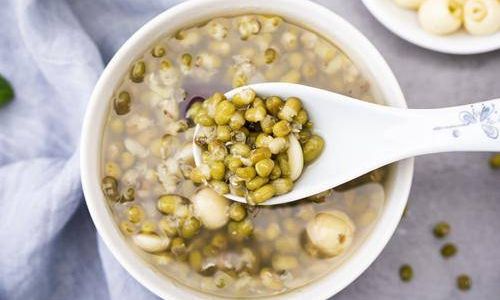
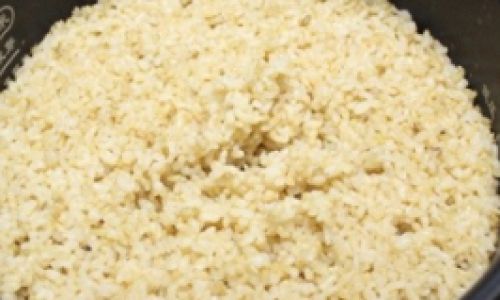
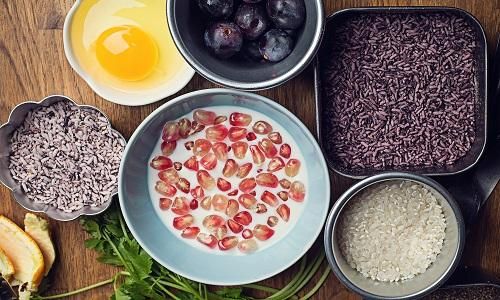

0 comments